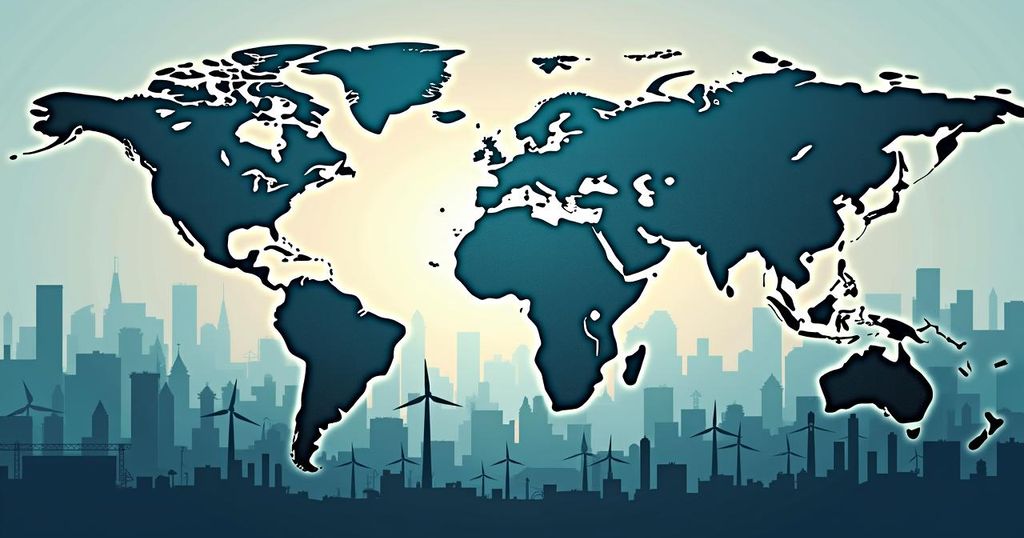Chinese Investment in Cleantech Surges $100 Billion Overseas Amid Trade Barriers

Since 2023, Chinese companies have invested over $100 billion in overseas cleantech initiatives in response to tariffs from the U.S., Canada, and the EU. China maintains a dominant position in global markets, leading in electric vehicle, lithium battery, and solar panel production. Major firms are expanding internationally to circumvent tariffs, while concerns grow over market manipulation and the global implications of these trade dynamics on climate goals.
Chinese enterprises have invested more than $100 billion in global clean technology initiatives since the beginning of 2023, as reported by Climate Energy Finance (CEF), an Australian research organization. This influx of capital is a strategic maneuver to circumvent the tariffs imposed by the United States, Canada, and the European Union on numerous Chinese-made products, particularly in the clean technology sector. Over the years, China has established itself as a leader in the production of electric vehicles, lithium batteries, and solar panels, commanding substantial shares of global exports in these industries. Specifically, 32.5% of global electric vehicle exports, 24.1% of lithium batteries, and an impressive 78.1% of the solar panel market are attributed to Chinese production. However, this dominance has raised concerns about potential market manipulation, with allegations that China could be utilizing excess production capacity to saturate global markets and depress prices, thereby undermining international competitors. In response to significant tariffs on its products—up to 100% on electric vehicles and 50% and 25% on solar panels and lithium batteries, respectively—Chinese companies are proactively investing in manufacturing facilities overseas. For instance, BYD has announced plans to construct a $1 billion plant in Turkey, anticipating a potential future tariff of 40% from the European Union, while CATL is establishing additional factories in Germany, Hungary, and various other locations. A forecast by the Grantham Institute suggests that by 2030, a staggering two-thirds of China’s clean technology production capacity will surpass domestic demand, prompting a shift towards foreign markets. Chinese officials have expressed concern regarding the consequences of these tariff increases, which they argue might obstruct worldwide climate change mitigation efforts. Liu Zhenmin, a senior climate envoy, notably remarked that, “Decoupling from Chinese manufacturing could raise the global energy transition bill by 20%.” The ongoing trade tensions thus emphasize the intricate relationship between international climate goals and competitive market dynamics, as China continues to bolster its position within the cleantech arena.
The article discusses the substantial investments made by Chinese firms in overseas clean technology projects, illustrating China’s strategic response to trade barriers enacted by major markets such as the United States, Canada, and the European Union. It highlights China’s leadership in the global production of key cleantech sectors, the implications of potential market flooding, and the proactive measures taken by Chinese companies to maintain their competitive edge. Moreover, it underscores the possible repercussions of tariffs on global climate change initiatives.
In conclusion, the over $100 billion invested by Chinese companies in cleantech projects since 2023 illustrates a calculated effort to navigate and mitigate the impact of international tariffs. China’s dominance in electric vehicles, lithium batteries, and solar panels not only exemplifies its industrial strength but raises pressing concerns regarding market practices. Furthermore, the anticipated surplus in domestic capacity by 2030 compels China to seek export opportunities, while the potential consequences of escalating trade tensions prompt critical considerations regarding global climate ambitions.
Original Source: esgnews.com





